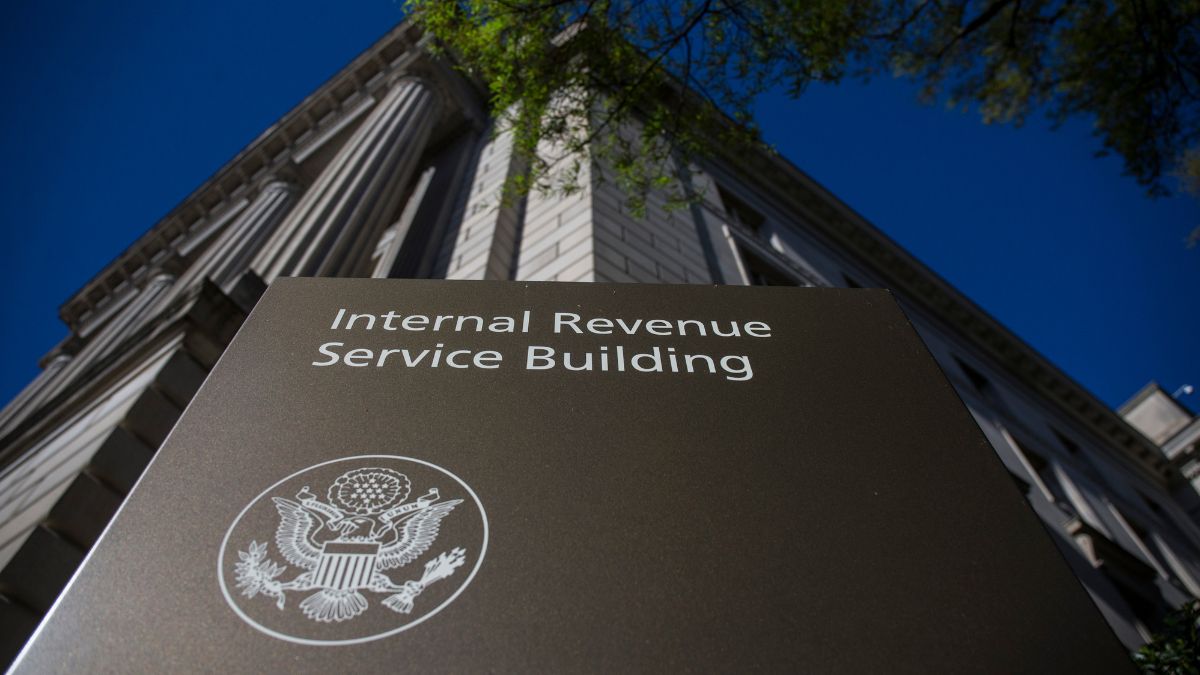
Religious leaders in the United States can now openly support political candidates during worship services without risking their tax-exempt status.
This is due to a major decision by the Internal Revenue Service (IRS). This change is a big win for some religious organizations that have spent years trying to remove or weaken the Johnson Amendment.
The Johnson Amendment, passed in 1954, clearly states that a tax-exempt church or nonprofit must not “participate in, or intervene in (including the publishing or distributing of statements), any political campaign on behalf of (or in opposition to) any candidate for public office.” This rule was meant to keep charitable organizations neutral in politics, since they benefit from not paying taxes, per Politico.
For many years, this amendment has guided how religious groups and other nonprofits handle political activities. The IRS’s recent decision came as part of a settlement for a lawsuit filed in August 2024. The lawsuit was led by the National Religious Broadcasters, a well-known evangelical media group, along with two churches in Texas. These religious groups argued that the Johnson Amendment violated their First Amendment rights, particularly their freedom of speech and religion. They wanted the rule removed, claiming it unfairly stopped them from sharing political views during church services.
Your church leader can now pressure you into supporting their politics
In a proposed agreement between the IRS and the religious groups, a new way of interpreting the Johnson Amendment was introduced. This interpretation says that political discussions “between the house of worship and its congregation, during religious services” do not count as illegal political involvement. Instead, these conversations are now seen as similar to a “family discussion about candidates” and are considered acceptable under the Johnson Amendment when viewed correctly.
This new interpretation essentially allows direct political endorsements during religious services. Although the Johnson Amendment has been law for decades, the IRS has not always enforced it strictly, especially when it comes to political speech during worship services. The IRS’s recent filing admits this, saying its new interpretation matches how the agency has handled the Johnson Amendment in practice.
Many religious leaders already toe a line with political activity.
— Glen Stellmacher (@HardPressedN) July 7, 2025
However, stopping any enforcement of the Johnson Amendment would tip 501(c)(3) religious corps into powerhouse political operatives, funded totally by dark money, shielded from any public financial scrutiny. https://t.co/n7K1YeRWkM
The IRS noted that it “has not enforced the Johnson Amendment against houses of worship for speech concerning electoral politics in the context of worship services.” This means the policy change mostly makes official what was already happening informally. It’s not hard to see why the IRS gave in, the president didn’t step in when many of them lost their jobs and supports an “external” revenue service, so it’s likely not worth a fight they may lose.
For some religious groups, this decision is a major victory. The IRS’s decision now gives religious organizations a clearer way to engage in politics, which could lead to more religious influence in elections, especially under leaders who have strong ties to conservative religious groups. However, the new policy does not allow religious groups to spend money on wider political efforts, like advertising campaigns.







